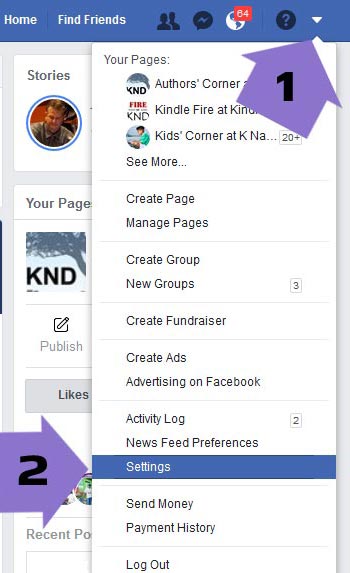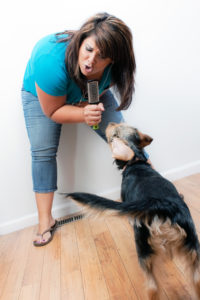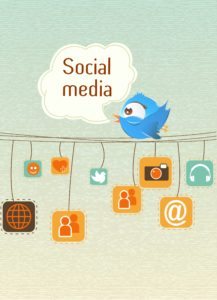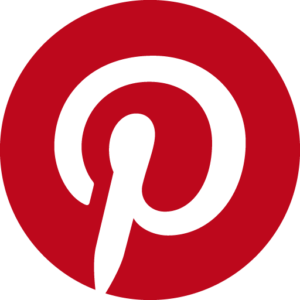Quick links, bringing you great articles on writing from all over the web.
At Jane Friedman, Jane discusses a subject near and dear to my heart – author websites. This should not be an eithor or subject. Having an author site is like having a home. It lets people know who you are and where you are. It provides a base for social media marketing including Facebook and Twitter. Read on for Jane’s views and let us know if you agree or not.
~ * ~
What’s More Important: Author Websites or Social Media?
by Jane Friedman
 In 2013, I observed a conversation on Twitter where a publisher said they didn’t believe in author websites “for a lot of authors”—that social was a better place for authors to spend time from a marketing perspective.
In 2013, I observed a conversation on Twitter where a publisher said they didn’t believe in author websites “for a lot of authors”—that social was a better place for authors to spend time from a marketing perspective.
It bothered me, and I ended up writing a blog post about it, exploring why a publisher might think this—rightly or wrongly.
Since then, I’ve taught countless conference sessions and webinars about author platform development, content strategy, marketing and promotion, and long-term best business practices. Hands down, the No. 1 thing I’m questioned about is social media—by the unpublished writers, advanced writers, and well-established career authors. I don’t mind fielding such questions, but I find social media the most difficult topic to teach effectively, and I’ll have a separate post about that tomorrow.
On the flip side, I rarely field questions about author websites, aside from technical ones about what service to use or other fiddly details related to domains, hosting, and WordPress sites. I believe this happens for a few reasons: Website design and development is a more technical area, plus few authors actively engage on their site with readers. It can be something of a “set it and forget it” thing. Who’s really looking at an author website that much anyway, especially one without a blog or active updates?
Read the full post on Jane Friedman.
~ * ~
If you liked this article, please share. If you have suggestions for further articles, articles you would like to submit, or just general comments, please contact me at paula@publetariat.com or leave a message below.
Save
Save
Save
Save
Save
Save
Save
Save
Save
Save
Save
Save
Save
Save
Save
Save
Save
Save
Save
Save
Save
Save
Save
Save
Save
Save
Save
Save
Save
Save
Save
Save
Save
Save
Save
Save
Save
Save
Save
Save
Save
Save
Save
Save
Save
Save
 Here’s how you can find and download what information Facebook has on you (and has probably shared with other people).
Here’s how you can find and download what information Facebook has on you (and has probably shared with other people). You will need to keep an eye open for the link email. Once you get the download link you only have a few days to download it or have to start the whole process over again.
You will need to keep an eye open for the link email. Once you get the download link you only have a few days to download it or have to start the whole process over again.
 As authors we talk a lot about voice. In fiction, and even non-fiction, it’s defined as that certain something that makes an author unique. In everything—from the rhythm, cadence and flow—to the sentence structure. It conveys the author’s personality and attitude.
As authors we talk a lot about voice. In fiction, and even non-fiction, it’s defined as that certain something that makes an author unique. In everything—from the rhythm, cadence and flow—to the sentence structure. It conveys the author’s personality and attitude. Consider these stats: Video racks up over 22 billion daily views. It increases the organic reach of social media content by over 100%, compared to photos or text. It ranks toward the top of the first page in Google searches, is popular across demographics, and builds an instant emotional connection with your audience.
Consider these stats: Video racks up over 22 billion daily views. It increases the organic reach of social media content by over 100%, compared to photos or text. It ranks toward the top of the first page in Google searches, is popular across demographics, and builds an instant emotional connection with your audience. We all know it’s important for writers to have a solid presence online.
We all know it’s important for writers to have a solid presence online. In the past, I’ve recommended strict rules about social media use.
In the past, I’ve recommended strict rules about social media use. When my first novel was published in 2013, all I knew was that I wanted to tell stories for a living. I’d grown up seeing Stephen King, Ray Bradbury and Anne Rice do it, and, having gotten paid $25 for the publication of a short story in Scholastic magazine when I was still in middle school, I’d had a little taste of doing it myself. But I had the idea that what my readers were most interested in was the story I was telling, and that they didn’t really care about ‘the man behind the curtain.’
When my first novel was published in 2013, all I knew was that I wanted to tell stories for a living. I’d grown up seeing Stephen King, Ray Bradbury and Anne Rice do it, and, having gotten paid $25 for the publication of a short story in Scholastic magazine when I was still in middle school, I’d had a little taste of doing it myself. But I had the idea that what my readers were most interested in was the story I was telling, and that they didn’t really care about ‘the man behind the curtain.’ Blogger: Rachelle GardnerIf you’ve done any Facebook Live posts and paid attention to your traffic, you probably already have a good idea of how much more engagement you can get with FB Live versus other kinds of posts. This is especially true if you experiment with various kinds of content, times of day, length, and other variables.
Blogger: Rachelle GardnerIf you’ve done any Facebook Live posts and paid attention to your traffic, you probably already have a good idea of how much more engagement you can get with FB Live versus other kinds of posts. This is especially true if you experiment with various kinds of content, times of day, length, and other variables.
 Today’s guest post is by Piers Golden.
Today’s guest post is by Piers Golden. Hello, friends! Time for another #StorySocial recap. Never heard of it?
Hello, friends! Time for another #StorySocial recap. Never heard of it? In 2013, I observed a conversation on Twitter where a publisher said they didn’t believe in author websites “for a lot of authors”—that social was a better place for authors to spend time from a marketing perspective.
In 2013, I observed a conversation on Twitter where a publisher said they didn’t believe in author websites “for a lot of authors”—that social was a better place for authors to spend time from a marketing perspective. We discussed social media groups during
We discussed social media groups during  By
By